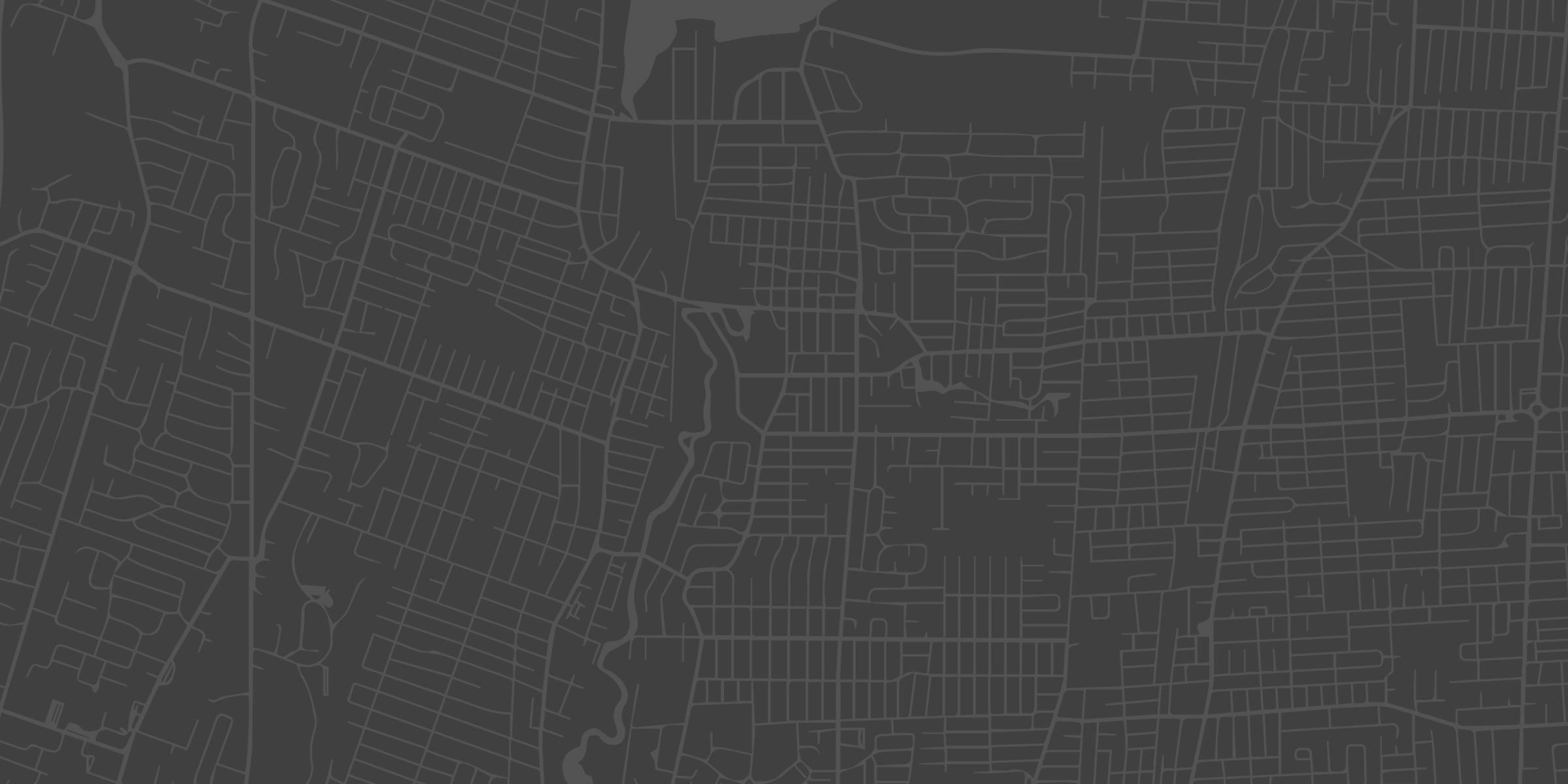After 142 overdose deaths, Bergen tests program to fight addiction with treatment, not jail

NorthJersey.com
When Fair Lawn police arrested "Elizabeth" on drug charges in November 2018, she thought it meant another skipped court date, more unpaid fines and another warrant to haunt her.
The 27-year old from Oakland, who was granted an alias for this story to preserve her anonymity, had grown used to trouble. Addicted to opioids since age 17, her life over the following decade became a turnstile of arrests, rehab stays and stints on the street.
“At that point I was numb to it,” she said.
But this time, authorities gave her a different option: She could enroll in a pilot program that offered to drop the charges as long as she stuck with a treatment plan designed to fight her addiction.
Dubbed the "Fair Lawn Initiative," the year-old program is the first of its kind in New Jersey, according to the Bergen County Prosecutor's Office. Open to those arrested in the borough on low-level municipal charges, it connects offenders with a patient navigator and recovery specialist who walk them through how to get clean and stay there.
If the offender stays with program for six months, authorities expunge the charges. But they can also reinstate them if police arrest the person again.
Until now, that kind of local diversion plan did not exist in New Jersey, the prosecutor's office said. But it's a big part of county prosecutor Mark Musella's plan to fight the stubbornly persistent opioid epidemic.
"The goal of this program is to save lives," Musella said in an interviewlast month.

Support our Signature Journalism
Become a NorthJersey.com subscriber today and get unlimited digital access and support stories like this one. JOIN TODAYThat’s critical in Bergen County, which saw 142 drug overdose deaths — an average of almost three a week — in 2019, Musella said. There were 662 reported overdoses last year, and police used the overdose reversal drug naloxone, commonly known as Narcan, 336 times.
Elizabeth was one of 20 low-level offenders to enroll in the Fair Lawn Initiative last June. Nine months later, she remains drug-free and is among 10 people who have either completed the program or are expected to do so, Musella said. The 50% success rate is roughly on par with statistics from the National Institute on Drug Abuse that show between 40% and 60% of those in recovery relapse at some point.
But even those who fall out benefit, said Elsbeth Crusius, Fair Lawn's municipal prosecutor.
"Not everyone is ready for treatment, but even the 50% who did not complete the program were educated by the counselors and given information about the resources available to them that they may have otherwise not known," she said.
For those who stick with it — like Elizabeth — treatment offers more hope than the court system, said Elizabeth Rebein, the prosecutor's spokeswoman.
"Without the diversion, she would have gone to Fair Lawn and gotten a fine and other penalties ... and where would she be?" asked Rebein. "She would be trying to pay that off. Instead her energy was spent on her recovery and trying to build her own life."
Elie Honig, a former state and federal prosecutor who now heads the Rutgers Institute for Secure Communities, called it an intriguing initiative that could reduce recidivism.
"It seems like a fair deal," Honig said. "If you go into rehab and successfully complete it, and the charges are low-level and not violent, why not drop them? It pushes people who have addiction problems toward getting treatment."
It also fits into the state's anti-opioid strategy of attacking drug mills, suing prescription drug companies and pushing those already addicted into treatment centers instead of jail cells.
Gurbir Grewal, the state attorney general, started similar programs when he served as the Bergen County prosecutor from 2016 to 2018. They include Operation Helping Hand, which steers people arrested for buying heroin toward treatment, and the Heroin Addiction Recovery Team, which encourages users to turn in their drugs and seek help at select police departments before they get arrested.
Fighting addiction: Bergen woman raises an army of volunteers for program to fight addiction among students
Musella has built off that foundation, continuing Helping Hand operations and expanding the recovery team to 10 police departments from three.
Grewal commended those efforts.
"In the minutes and hours that follow a drug possession arrest — when users recognize they are at a crossroads — we can give them the opportunity to choose the path of treatment and recovery," the attorney general said in a statement. "We have broken the cycle for hundreds of individuals already, and through programs like the one in Bergen County, we can save more."
How it works
The prosecutor's office developed the diversion program in 2018. It picked Fair Lawn for the trial run because the borough borders Paterson, a center for drug-dealing in the region, and often deals with the spillover effects, including overdoses. Musella found willing partners in Fair Lawn’s police department and courts.
The defense counsel, municipal prosecutor or county prosecutor finds eligible offenders by looking for either drug possession charges or other offenses that hint at a drug problem, like shoplifting, Rebein said.
When participants arrive in court, drug counselors are there to steer them toward recovery programs. The court also appoints a public defender as a legal advocate.
Defendants speak with a patient navigator and recovery specialist from The Center for Alcohol and Drug Resources, part of the Paramus nonprofit Children's Aid and Family Services.
The navigator, who files weekly reports with the court, builds a program that could involve detox, in-patient rehabilitation or out-patient care, Rebein said. The recovery specialist holds the person’s hand through the process, supporting them when they need it most.
Elizabeth quit opioids just before joining, so her patient navigator skipped rehabilitation and set her up with John Paul Jurbala, a recovery specialist. The pair spoke constantly — in-person, over the phone and through text messages. Jurbala even served as her temporary sponsor for Alcoholics Anonymous when she had no one else.
Jurbala said they didn't talk about drugs. They talked about life, about how to get along with her family, about the pregnancy she found out about months earlier while jailed on unrelated charges in Riker's Island in New York City.
"It was crucial, it really was," Elizabeth said. “I didn’t know how to live. I didn’t know how to be a functional person in society … He was a big emotional support for me.”
A pair of state grants worth about $162,000 pay for the program. The Bergen New Bridge Medical Center in Paramus provides beds and other services to those with no insurance.
The future
Musella has already tweaked the program by telling police to offer admission right after an arrest instead of weeks later in court.
"They're most vulnerable [then] — they could die before they get to court," Musella said. "The earlier we can connect them to treatment, the more likely the success.”
The borough police department supports the initiative, said a spokesman, Sgt. Brian Metzler.
"All these people need help more than they need to be incarcerated," Metzler said. "Sometimes they just need somebody to direct them where to go. And that's where we come in."
Eventually, Musella would like to expand it to other towns. For Elizabeth, it's already had a life-changing impact.
She has been clean for a year and spends her days taking care of her now seven-month old daughter, she said. She became religious, and is thankful for the arrest that helped her slip addiction’s grip.
"It helped me change my ways," she said. "I definitely would say I'm grateful for the way things happened. Because I don't know what the other outcome would have been."
Steve Janoski covers law enforcement for NorthJersey.com. For unlimited access to the most important news about those who safeguard your local community, please subscribe or activate your digital account today.
 Pathways Drug Rehabilitation Luxury Addiction Treatment & Detox Center
Pathways Drug Rehabilitation Luxury Addiction Treatment & Detox Center


